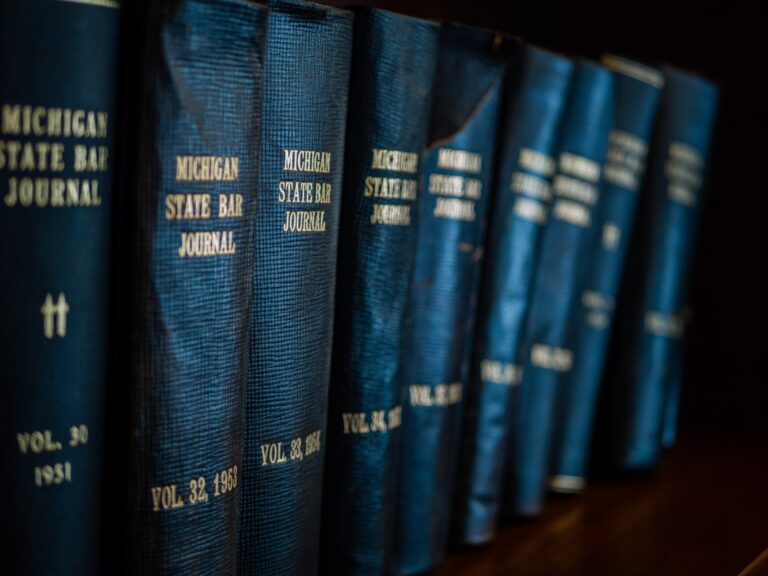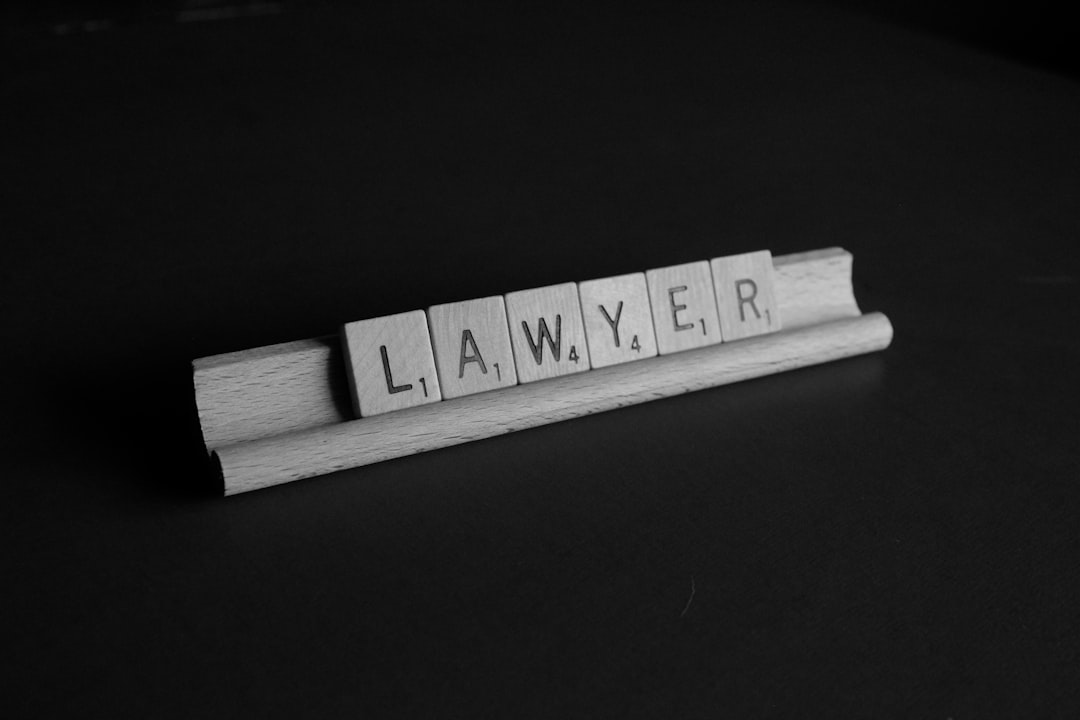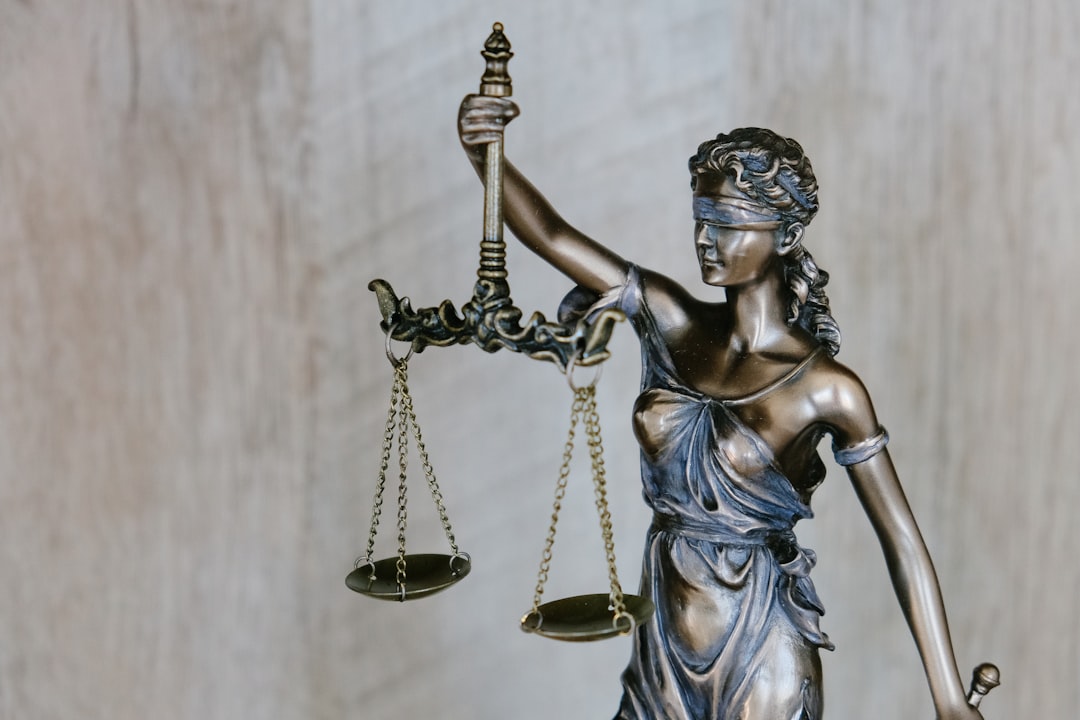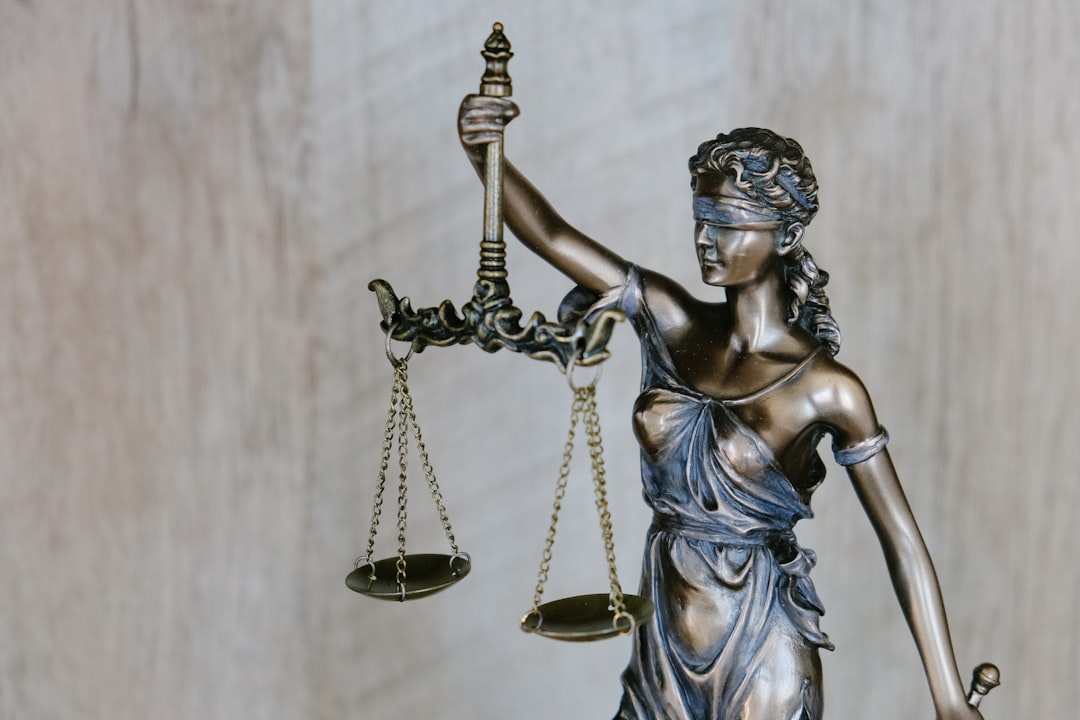Media professionals covering sexual assault in Ohio should collaborate with specialized sexual assault lawyers to ensure accurate and ethical reporting. These lawyers provide insights into legal definitions, penalties, and survivor rights, helping journalists navigate complex issues while respecting victims' privacy. Their expertise is crucial for responsible reporting in high-profile cases, avoiding harm to survivors and misconceptions about sexual assault.
In Ohio, responsible reporting on sexual assault cases is paramount for justice and healing. This article provides essential guidelines for media outlets, offering a framework to navigate the delicate balance between sensitivity and accuracy. We explore Ohio’s sexual assault laws, ethical considerations, and the crucial role of legal experts in ensuring fair coverage. By understanding these aspects, journalists can facilitate informed public discourse while supporting survivors and holding perpetrators accountable, with key insights from a sexual assault lawyer in Ohio.
Understanding Ohio's Sexual Assault Laws

Understanding Ohio’s Sexual Assault Laws is a crucial first step for media professionals covering these sensitive cases. In Ohio, sexual assault is defined as any non-consensual sexual act, including rape and other forms of aggravated assault with a sexual motivation. The state has strict laws to protect survivors and ensure justice. One key aspect is the emphasis on consent; any sexual activity without clear and enthusiastic agreement is considered assault.
A sexual assault lawyer in Ohio can provide valuable insights into these laws and help journalists navigate the legal complexities while maintaining accuracy in their reporting. It’s essential to understand the various degrees of assault, penalties, and rights of survivors to accurately represent the facts and respect the victims’ privacy and dignity.
Ethical Considerations for Media Outlets

Media outlets play a pivotal role in shaping public perception and understanding of sensitive issues, such as sexual assault. When reporting on cases involving sexual violence, ethical considerations are paramount. It is imperative for Ohio media to approach these stories with sensitivity, respect, and accuracy, ensuring that victims’ privacy and dignity are upheld while providing valuable information to the community.
A sexual assault lawyer in Ohio can offer guidance on navigating the complex legal aspects of these cases, ensuring fair representation for all parties involved. Media outlets should prioritize fact-checking, verify information from reliable sources, and avoid speculative reporting that could further traumatize victims or spread misinformation. The goal is to foster an environment where survivors feel empowered to come forward without fear of stigmatization or exploitation by the media.
Balancing Sensitivity and Accuracy in Reporting

Reporting on sensitive topics like sexual assault requires a delicate balance between sensitivity and accuracy. Ohio media outlets must strive to present information that is both responsible and factual, ensuring it does not inadvertently cause further harm or stigma to survivors. A sexual assault lawyer in Ohio can play a crucial role here, providing insights into legal aspects and helping journalists navigate complex issues.
When covering these cases, media professionals should focus on confirming details before publication. This includes verifying the identities of individuals involved, understanding the legal process, and presenting facts without speculation or sensationalism. Sensitive language and accurate representation of survivors’ experiences are essential to foster a supportive environment for those who have endured sexual assault while maintaining integrity in journalism.
The Role of Legal Experts in Sensational Cases

In high-profile and sensational cases, particularly involving prominent figures or complex legal aspects, the role of legal experts becomes even more critical. Sexual assault lawyers in Ohio play a vital part in ensuring accurate and responsible reporting by providing insights into the legal intricacies and potential outcomes. They can guide media outlets on how to navigate sensitive information, maintain balance, and avoid perpetuating harmful stereotypes or misconceptions about sexual assault.
These legal professionals offer valuable expertise, helping journalists and reporters understand the legal definitions of sexual assault, the burden of proof, and the rights of both victims and accused. Their insights are crucial for accurate representation, especially when dealing with cases that attract widespread public interest and media attention.





